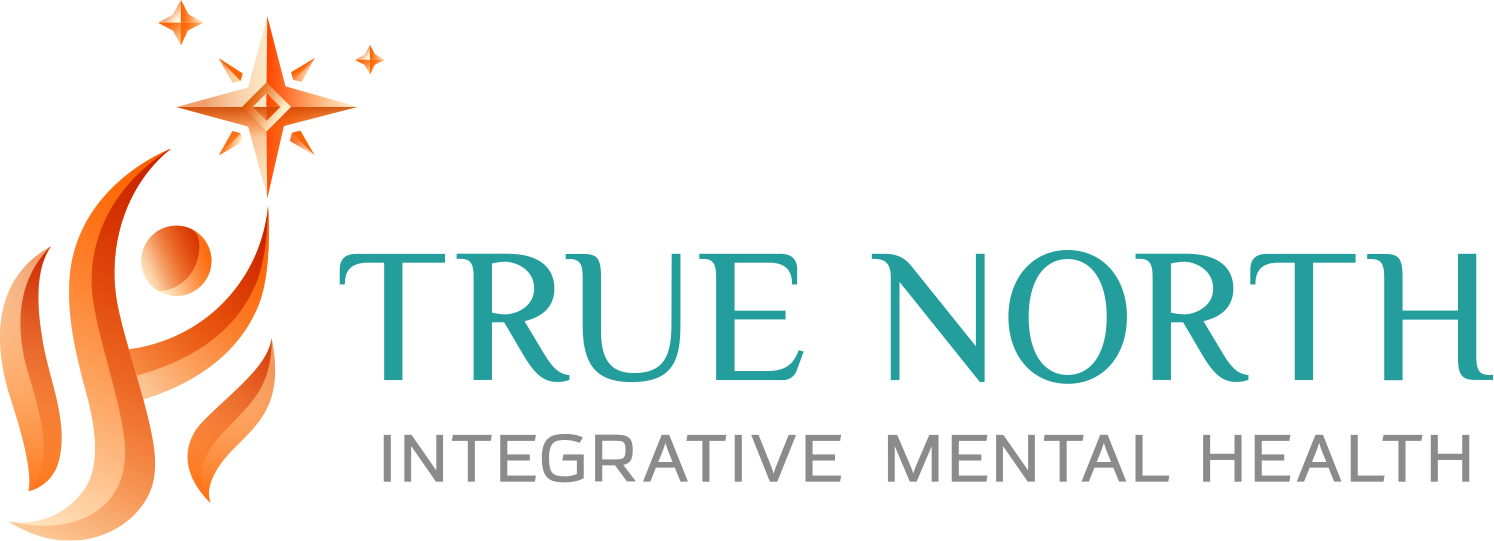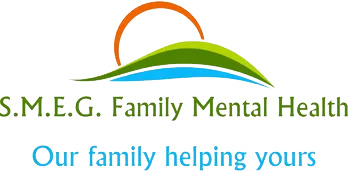ADHD: What Is It and Where To Find Local ADHD Treatment
Dr. Jamie Rogers • July 11, 2024
Attention Deficit Hyperactivity Disorder (ADHD) is a common neurodevelopmental disorder. It affects both children and adults.
People with ADHD may have trouble focusing, be overly active, or act impulsively. These symptoms can make daily life challenging.
It’s important to know that ADHD is not just a childhood issue; adults can have it too. If you or someone you know struggles with attention or hyperactivity, understanding ADHD can help.
In this blog post, we’ll explore what ADHD is, its causes, symptoms, and potential treatment options.
Understanding ADHD and Its Importance
Understanding ADHD is crucial for several reasons:
Enhances Compassion and Empathy
- Raise Awareness: By learning about ADHD, you can better understand the struggles individuals face, fostering empathy and support within communities.
- Reduce Stigma: Knowledge helps dispel myths and misconceptions, reducing the stigma often associated with mental health disorders.
Improves Daily Life Management
- Tools and Strategies: Knowing about ADHD can help individuals develop effective coping strategies and tools to manage their symptoms, including learning positive behaviors through behavior therapy.
- Support Systems: Families and caregivers equipped with ADHD knowledge can provide better support, contributing to improved quality of life.
Educational and Professional Impact
- Tailored Education Plans: Educators can benefit by adapting teaching methods to cater to the learning needs of students with ADHD.
- Workplace Adjustments: Understanding ADHD allows employers to create supportive work environments, boosting productivity and job satisfaction for employees.
Defining ADHD: Core Symptoms and Manifestations in Adults
ADHD symptoms in adults can vary widely, but they generally fall into three categories: inattention, hyperactivity, and impulsivity. Understanding these symptoms can help identify whether ADHD might be affecting you or someone you know.
Core Symptoms of ADHD in Adults
Inattention
- Difficulty focusing on tasks or following through on commitments
- Frequently losing items like keys, wallets, or phones
- Struggling to organize activities and manage time effectively
Hyperactivity
- Feeling restless and unable to sit still for long periods
- Talking excessively or interrupting conversations
- Finding it hard to engage in quiet, leisurely activities
- Dopamine reuptake inhibitors can be an effective treatment option for managing hyperactivity by increasing the levels of dopamine and norepinephrine in the brain.
Impulsivity
- Making hasty decisions without considering potential consequences
- Interrupting or intruding on others' activities
- Experiencing difficulty waiting for one's turn in various settings
Causes of ADHD
ADHD's exact cause remains unidentified, but research suggests several contributing factors, including genetics, environmental influences, and brain structure anomalies. Here are some potential causes:
- Genetics: Studies indicate a hereditary component, with ADHD often running in families.
- Environmental Factors: Exposure to substances like lead during pregnancy or early childhood increases ADHD risk.
- Brain Structure and Function: Brain imaging studies reveal differences in the size and activity of certain brain areas in people with ADHD.
ADHD Diagnosis in Adults
Why Diagnosis Matters
Diagnosing ADHD in adults is pivotal for effective treatment and improving life quality. Many adults go undiagnosed, attributing their symptoms to stress or personality quirks. A proper diagnosis can provide clarity and direction for managing ADHD.
Diagnosing ADHD involves a comprehensive evaluation by health professionals, incorporating various methods and tools:
Clinical Interviews:
- A healthcare provider or psychologist may conduct interviews to explore symptoms and personal history.
- It is crucial to consider children ages during clinical interviews to ensure accurate diagnosis and appropriate treatment plans.
- Interviews often include input from family members or close associates to provide a holistic view.
Questionnaires and Rating Scales:
- Standardized ADHD assessment tools (like the Adult ADHD Self-Report Scale) aid in identifying symptoms.
- These tools offer a quantitative measure of symptom severity and impact on daily life.
Medical Examination:
- A physical exam ensures symptoms aren’t due to other medical conditions that mimic ADHD, such as thyroid problems or neurological issues.
Find More Resources:
- For comprehensive insights on ADHD diagnosis, visit
CHADD and
ADHD Foundation.
Strategies and Tips for Managing ADHD Symptoms

Managing ADHD often involves a multi-faceted approach, combining lifestyle changes, medication, and behavioral strategies. Here are some effective techniques:
Lifestyle Adjustments
- Maintain a Routine: Creating a daily schedule can help reduce forgetfulness and improve time management.
- Healthy Diet: Nutritious meals help maintain energy levels and improve concentration. Consider foods rich in omega-3 fatty acids for brain health.
- Regular Exercise: Physical activity can reduce symptoms of ADHD by boosting mood and energy while reducing hyperactivity.
Behavioral Strategies
- Mindfulness and Meditation: Practices like mindfulness can help improve focus and reduce impulsivity.
- Behavior Therapy: Behavior therapy is an effective approach for managing ADHD symptoms, especially for young children under 6 years of age. It involves a collaborative approach with parents and educators, focusing on setting goals and creating a tailored treatment plan. For school-age children and adolescents, combining medication treatment with behavior therapy can be beneficial.
ADHD Treatment Options
Understanding and exploring the available ADHD treatment options near Greenville NC can empower individuals to manage their symptoms more effectively. A combination of medications, behavioral therapy, and lifestyle adjustments often works best.
Stimulant ADHD Medications
Several medications have proven effective in treating ADHD. These typically fall into two categories:
- Stimulants: Medications like Adderall and Ritalin are commonly prescribed. They work by increasing the levels of certain neurotransmitters in the brain. Stimulant medications can be effective but have potential for abuse and side effects.
- Non-Stimulants: Medications such as Strattera or certain antidepressants can also help manage symptoms, especially for those who have side effects from stimulants. Selective serotonin reuptake inhibitors (SSRIs) may be used to treat co-occurring conditions like depression and anxiety, although they are not proven effective for ADHD alone.
Consulting a healthcare provider is crucial to determine the most appropriate ADHD medication and dosage. Understanding the different types of ADHD medications, including their potential side effects and safety concerns, is essential for effective treatment.
Behavioral Therapy and Counseling
Behavioral therapy is vital in managing ADHD symptoms. This involves working with a therapist to develop strategies for behavior management and coping mechanisms. For children younger than 6 years of age, behavior therapy is especially important as it helps in early intervention and development of positive behavior patterns. Common therapeutic approaches include:
- Cognitive Behavioral Therapy (CBT): Helps individuals challenge and change negative thought patterns and behaviors.
- Behavioral Parent Training: Equips parents with tools to support their children effectively.
Lifestyle Changes to Support ADHD Management
Incorporating healthy habits can make a significant difference:
- Exercise Regularly: Physical activities such as jogging, swimming, or yoga can help reduce hyperactivity and improve focus.
- Maintain a Balanced Diet: Eating meals rich in protein, omega-3 fatty acids, and other nutrients supports brain health and function.
- Sleep Hygiene: Ensuring consistent and quality sleep can significantly reduce ADHD symptoms. Aim for 7-9 hours of sleep per night.
While these lifestyle changes can help manage symptoms, they do not cure ADHD.
Understanding ADHD in adults is crucial for improving quality of life and achieving personal and professional success. By recognizing symptoms, seeking proper diagnosis and treatment, and implementing effective strategies, adults with ADHD can lead fulfilling and productive lives.
Awareness and education are key to breaking down the stigma associated with ADHD. If you or someone you know exhibits symptoms, don't hesitate to seek professional help. The right support can make all the difference.
Are you ready to take control of your ADHD and improve your well-being?
Visit SMEG and True North IMH today to speak to one of our mental health experts about help with managing ADHD.

Our Helpful Links
Schedule a Consultation
Get help with depression today! It's important to know that you are not alone.

